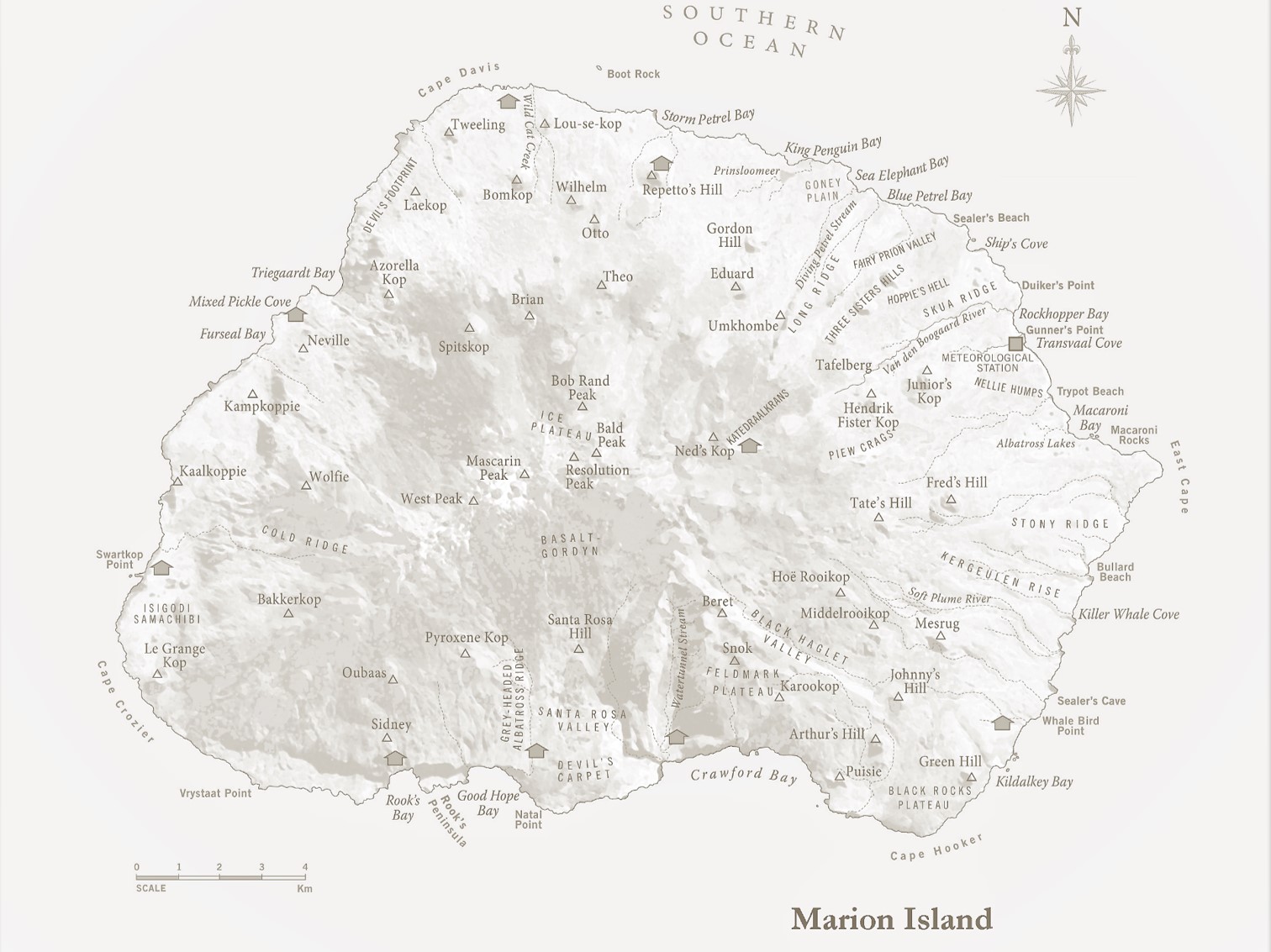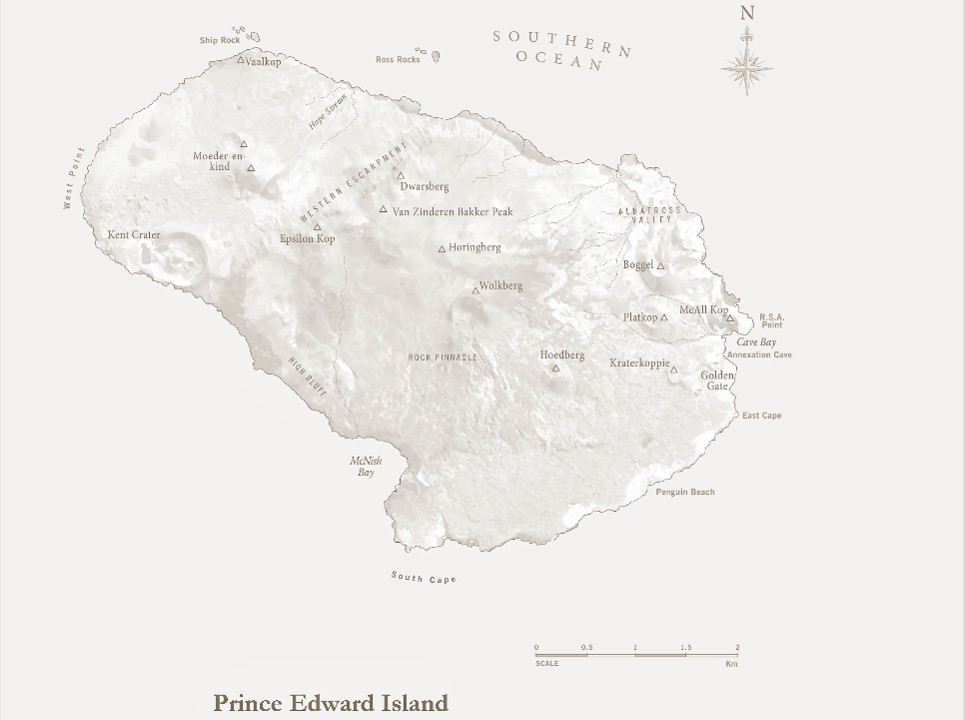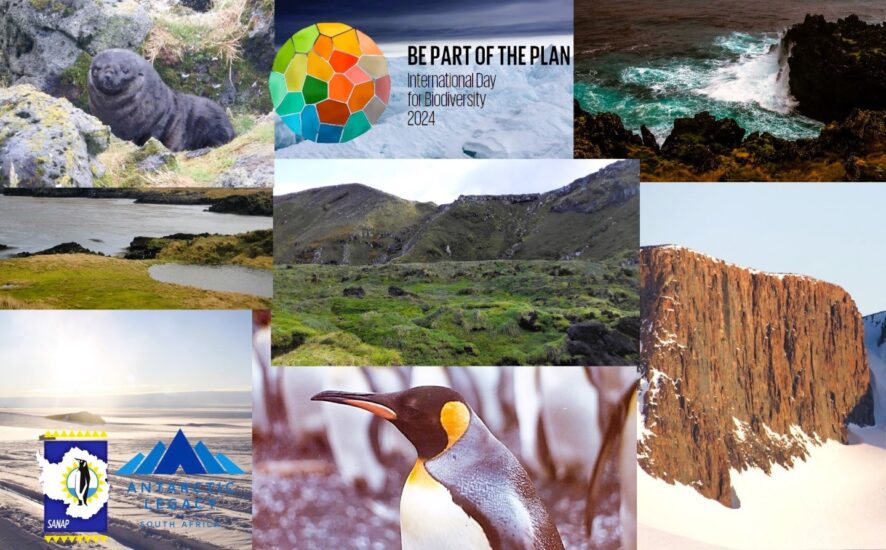#Be part of the Plan
the theme of IDB 2024, is a call to action for all stakeholders to halt and reverse the loss of biodiversity by supporting the implementation of the Kunming-Montreal Global Biodiversity Framework, also referred to as the The Biodiversity Plan. The International Day for Biodiversity (IDB) is celebrated every year on 22 May. This universal observance commemorates the adoption of the text of the Convention on Biological Diversity (CBD) on 22 May 1992 and provides a unique opportunity to foster wide support for the Convention, its Protocols and related action frameworks.
Biodiversity conservation and sustainable development

 The huge variety of life on Earth provides a multitude of services that range from providing food, cycling nutrients, disposing of waste, regenerating soils, purifying water, to less tangible benefits like inspiring and bringing pleasure. Many of these services are dependent on organisms and ecosystems that are currently under threat because of biodiversity loss. This loss is accelerating, even as many organisms remain unstudied or even undiscovered.
The huge variety of life on Earth provides a multitude of services that range from providing food, cycling nutrients, disposing of waste, regenerating soils, purifying water, to less tangible benefits like inspiring and bringing pleasure. Many of these services are dependent on organisms and ecosystems that are currently under threat because of biodiversity loss. This loss is accelerating, even as many organisms remain unstudied or even undiscovered.
Biodiversity plays a key role in the resilience of ecosystems. These ecosystems are intrinsically dependent on climate. Changes in climate, and in other environmental factors, make the need for biodiversity research vital as these changes will themselves reduce biodiversity. Understanding Antarctic and Southern ocean patterns of biodiversity and their susceptibility to change demands an integrated, interdisciplinary investigation of the structure and functioning of living systems in the region.

 South Africa has a legal responsibility for the management and conservation of the birds and mammals on the Prince Edward Islands and in the surrounding waters. South Africa is also party to various environmental treaties that result in internationally-linked monitoring and research obligations. To fulfil these responsibilities and obligations, it remains vital to understand how resilient Antarctic and Southern Ocean ecosystems are to various predicted global change scenarios; and to detail the historical, current and potential impacts of resource extraction on food webs in the region. Although much of the human impact on Antarctica and the Southern Ocean derives from outside the region, activities within the region such as pollution (chemical, biological, light and acoustic) from research bases, tourism, shipping and resource exploitation (whaling, fishing, etc.) need to be managed. Both climate change and increasing human activity in the region will also increase the risk of invasive species. Strict quarantine measures to prevent new introductions, and mitigation measures to eradicate or control introduced species are thus essential.
South Africa has a legal responsibility for the management and conservation of the birds and mammals on the Prince Edward Islands and in the surrounding waters. South Africa is also party to various environmental treaties that result in internationally-linked monitoring and research obligations. To fulfil these responsibilities and obligations, it remains vital to understand how resilient Antarctic and Southern Ocean ecosystems are to various predicted global change scenarios; and to detail the historical, current and potential impacts of resource extraction on food webs in the region. Although much of the human impact on Antarctica and the Southern Ocean derives from outside the region, activities within the region such as pollution (chemical, biological, light and acoustic) from research bases, tourism, shipping and resource exploitation (whaling, fishing, etc.) need to be managed. Both climate change and increasing human activity in the region will also increase the risk of invasive species. Strict quarantine measures to prevent new introductions, and mitigation measures to eradicate or control introduced species are thus essential.
Images from ALSA archive contributed by Tom McSherry, Adriaan Dreyer, Julius Klette, Ben van der Walt, Anche Louw, Ken Findley

